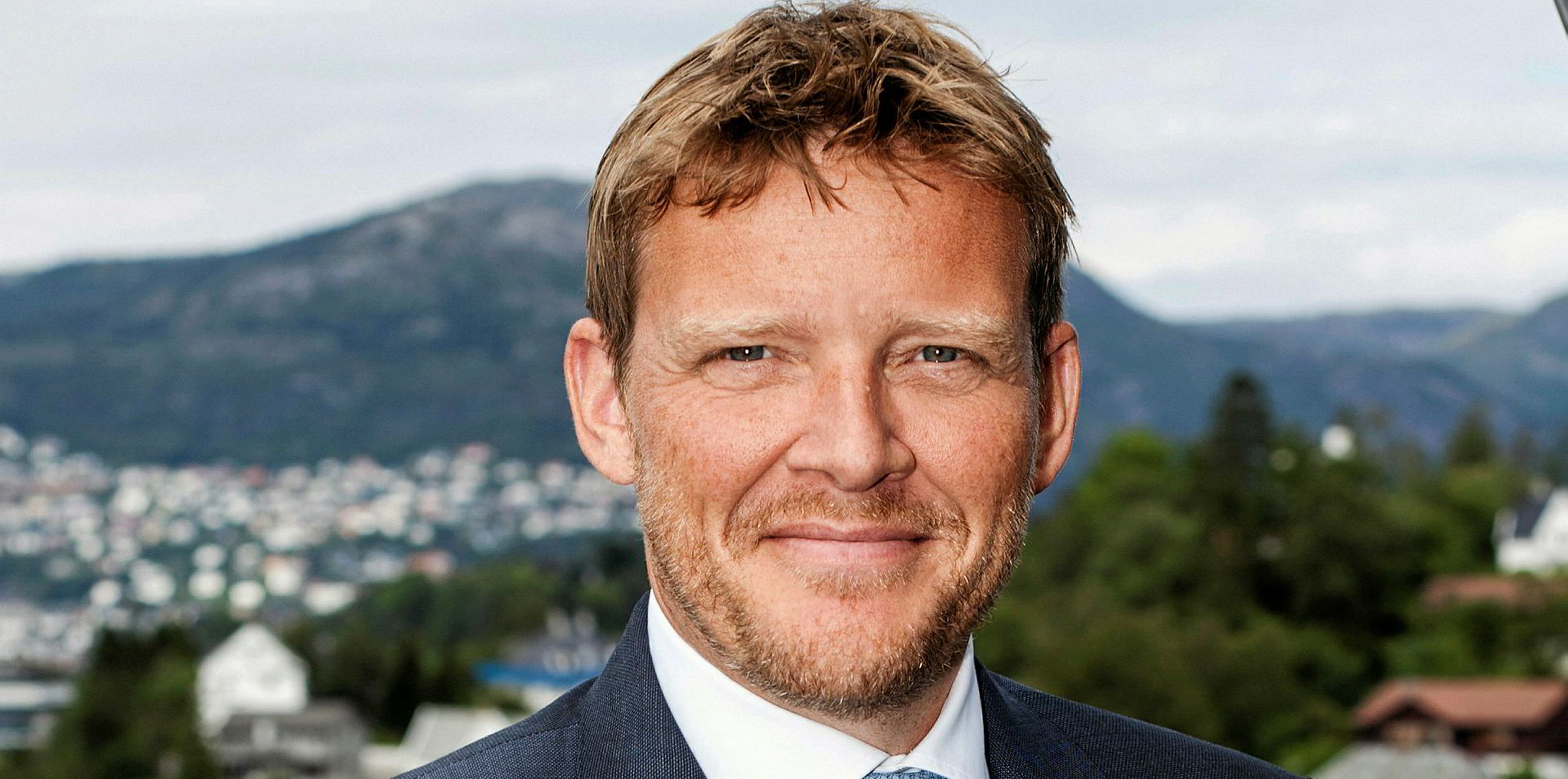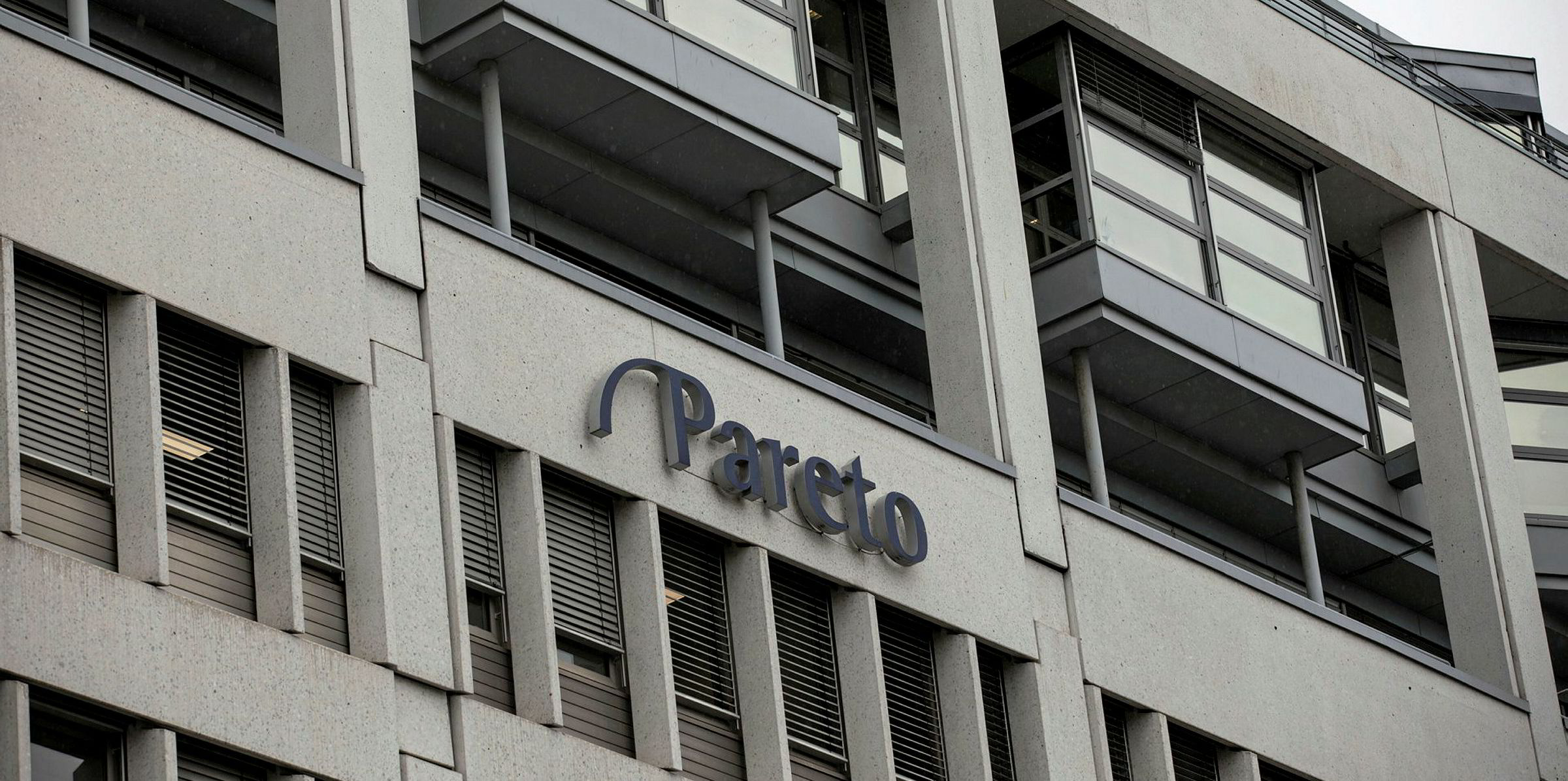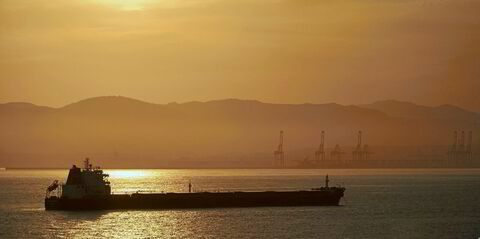Chemical tanker owner Odfjell is facing higher bank costs as it seeks to renew debts during the coronavirus crisis.
The Oslo-listed company, which also operates tank terminals, said two loan facilities are due to mature in the second and third quarters, covering a total of five vessels.
"We are about to close the first of these and the second is progressing as planned," the chemical tanker owner said.
"In addition, we are looking to refinance early some facilities in order to build liquidity reserves and increase flexibility in our capital structure."
The shipowner added that it sees continuing strong interest from lenders.
"However, their cost of funds has increased on the back of Covid-19 and the financial turmoil, and this will impact our overall cost of capital."
Odfjell's Chinese newbuilding programme of two 38,000-dwt ships remains fully financed and there is limited refinancing need for its Odfjell Tankers unit in the future, however.
Debt reduced
Net interest bearing debt at the end of the quarter was $1.02bn, compared to $1.03bn three months before.
The owner said it is adopting precautionary measures to ensure it can withstand a long-term weakness in its markets.
This involves limiting new capital expenses as well as debt renewal, including "evaluating alternatives" for refinancing its January 2021 bond maturity.
The company posted a net loss of $4.4m in the first quarter, against $15.4m a year ago.
Revenue rose to $240m, from $218m, with Ebitda from its ships reaching $58m, up $8m.
Spot and contract numbers up
Spot rates on main trade lanes improved 6% from the fourth quarter, and contract of affreightment (COA) rate renewals were up 5%.
The first quarter "showed continued improvement in our underlying results, but the Covid-19 pandemic is beginning to impact COA volumes and creates uncertainty for future market developments, and we take precautionary measures for the company," said chief executive Kristian Morch.
"We expect to report slightly weaker results in the second quarter."
Impact from Covid-19 during the quarter was limited to reduced revenues from the regional fleet in Asia, while the deep-sea fleet experienced a weaker market sentiment towards the end of the quarter, which could spill over into the second three months.
"We are utilising the flexibility of our vessels through cargo consolidation to secure best possible utilisation and also release capacity to target higher paying cargoes within bulk chemicals, vegoils and clean products," the company said.
"This has so far helped limit the effect from Covid-19. However we highlight the increased uncertainty on how the future will develop."
Port shutdowns made navigation and discharges unpredictable, together with the impossibility to perform regular crew changes.
Contract coverage through the first three months was 51%, slightly down from previous quarters.
Clean benefits
The reduction in COA volumes allowed its to consolidate contract cargoes on fewer vessels and take advantage of stronger clean rates with other ships.
With crude and product tanker rates strong, the trend of reduced swing tonnage moving into chemical markets is expected to continue, Odfjell said.
"We still expect tonne-mile demand to continue to grow, although at a reduced rate of 2-4% on average until 2022, depending on the outcome of the pandemic," the company added.
Norne Research said the results were "extremely strong".
"Our estimates suggesting a strong hit to figures in the first half of 2020 not only were beaten, but the company showed a solid improvement quarter on quarter," the unit of investment bank Norne Securities.
"Despite revenue and Ebitda reaching levels last seen in 2015, the bottom line still came in a negative territory."






